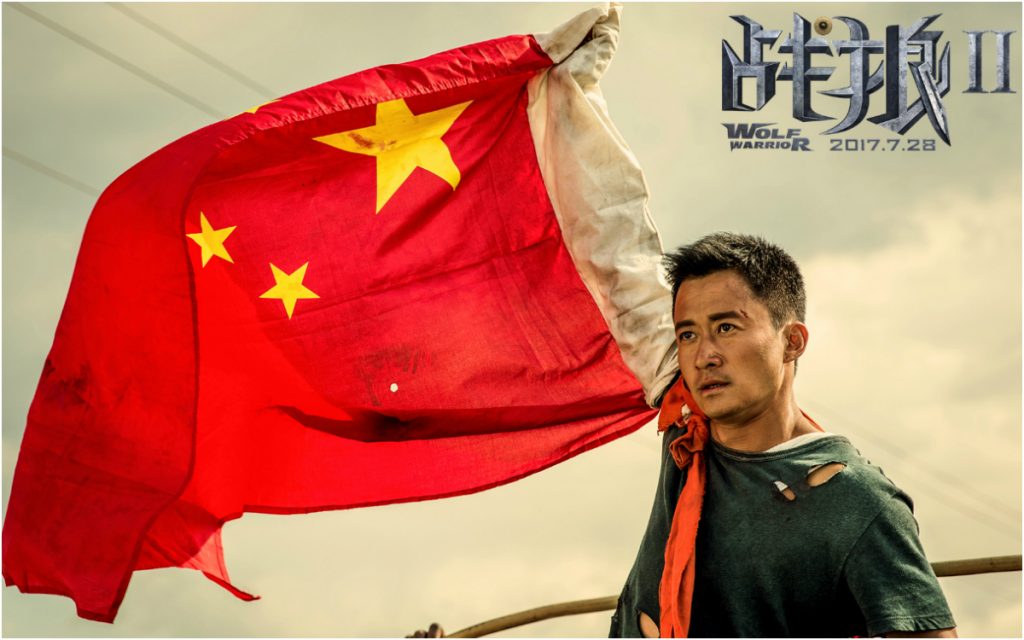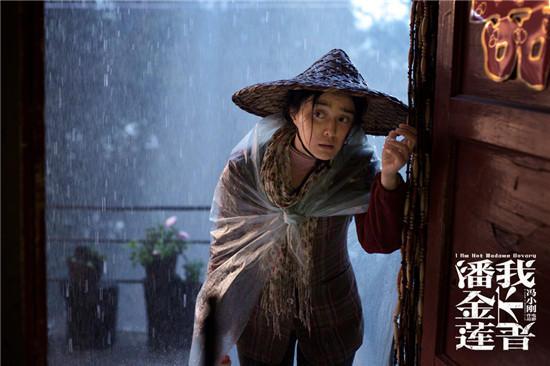
Film still from ‘Wolf Warrior II.’ Photo: Courtesy of Beijing Century Media.
After setting the box office records for reaching 1 billion, 2 billion and 3 billion yuan, Wolf Warriors 2 finally beat the 3.4-billion-yuan record set by The Mermaid on August 7, becoming the highest-grossing film in China, ever. And it took only 12 days. Some analysts expected its box office to exceed 4, or even 5, billion.
The phenomenal popularity of the film has triggered the public’s curiosity about its profits. How much money has been made and by whom? Efforts to figure out its financing structure brought a technical term back into public circulation again: a valuation adjustment mechanism agreement (VAM).
A VAM is a common measure used in M&A deals. A buyer/investor and a seller/financier sign a contract setting out the value adjustment triggering conditions. Value or payment will be adjusted according to how many of the conditions are met: generally, the seller/financier will get higher payments if the goals are achieved; the buyer/investor will be compensated if the goals are not met.
This is a way for investors to control investment risks due to valuation uncertainty and information asymmetry—an investor could not have known better about a target company than the financier who runs it, thus a conditional contract forces the financier to expose the company’s true financial conditions and profitability.
While widely practiced in overseas markets, the VAM agreement is still in the early stages of development in China’s capital market. But anyone following the Chinese film industry would not be unfamiliar with the term.
When applied in the film market, a distributor is an investor in a film project, and the production company of the project is the financier. The two sides agree on a box office goal based on the potential of the film and then calculate the necessary amount of investment (sometimes a contract will be more detailed and complicated, setting out conditions for a series of box office goals).
What’s different from VAM practices in the financial market is that the agreement imposes higher pressure on the distributor. A VAM in China’s film market requires the distributor to pay the production company the agreed amount regardless of the eventual box office results. If the box office is higher than the number they agree to, the distributor will get a higher share of the amount that exceeds the target goal. In other words, the distributor (investor) makes more money if the conditions are met. If the goals are not achieved, the distributor would still pay the agreed amount, and lose money.
In the case of Wolf Warriors 2 , Beijing Culture, a listed media company, led the distribution of the film with six other companies. According to its open announcement, it paid the production companies 140 million yuan for the distribution rights. The box office needs to exceed 800 million yuan for Beijing Culture to turn a profit. Of course, the box office results thus far have already exceeded that number several times. Local media have estimated that it could have already made over 30 million yuan in profits for the film.
Distributors don’t always find investment targets as profitable as Wolf Warriors 2. There are, of course, plenty of failed cases. The most well-known one was Feng Xiaogang’s I Am Not Madame Bovary from last year. Yaolai Entertainment Media Co., which distributed the film, guaranteed a 500-million box office. If the box office was lower than 500 million, Yaolai would pay 200 million from its own pocket. If the box office exceeded 500 million, all the profits made between 500 and 800 million would be solely collected by Yaolai. Unfortunately, the box office stopped at 484 million.
Critics of the VAM argue that it has damaged the nature of the film industry, leading to problems like fake box office numbers, or unreasonably low piece rates for a film.
The huge financial pressure also harms the artistic creativity of directors and actors, as they are often shareholders of related companies and personally responsible for VAM contracts. Instead of quality work, they tend to focus on making quick money in the short term.
After all, the success of Wolf Warriors 2 has less to do with its financing structure, and more to do with the story and the quality of its production.








